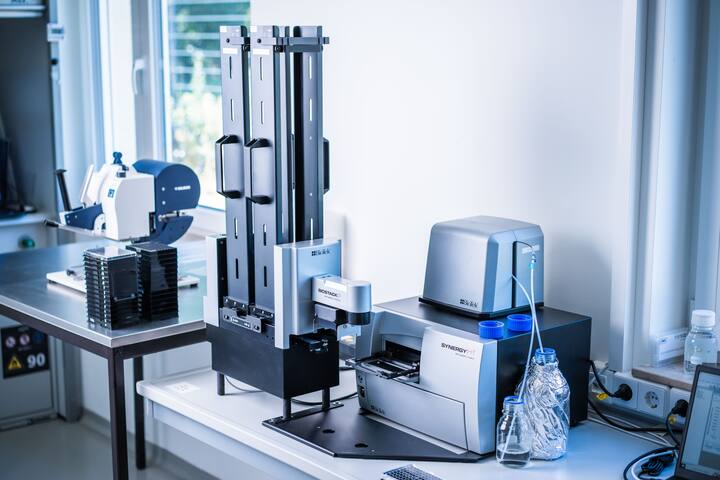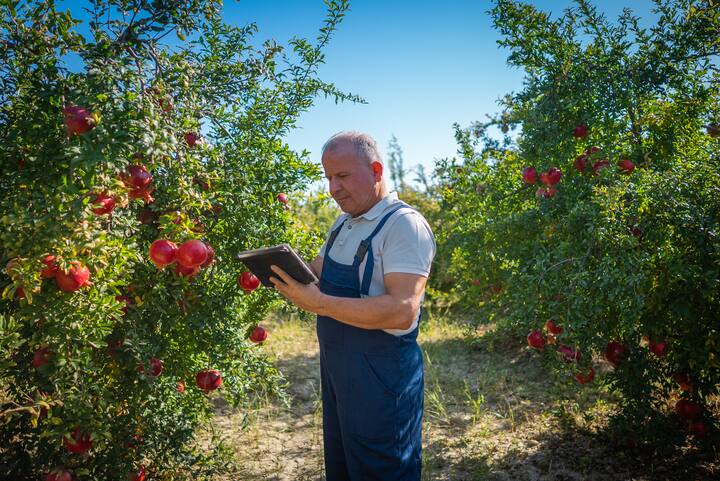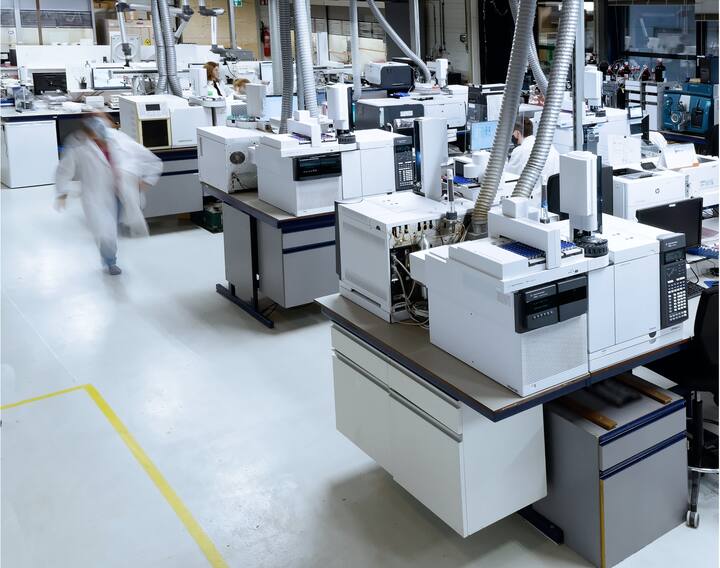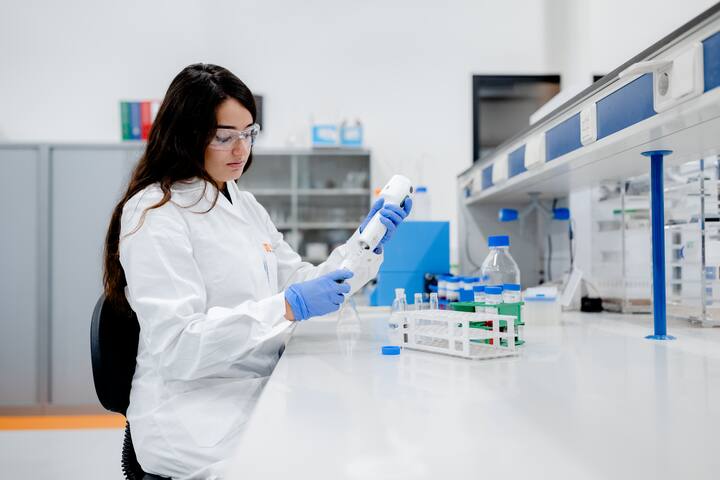
Leading in Ethylene Oxide Analysis
Ethylene oxide analysis
Ethylene oxide is not permitted for use within the EU. But how can you be sure it’s not present in your raw materials or imported food products? Our in-house analyses offer accurate, reliable testing to confirm compliance. We also provide rapid ethylene oxide testing, with reports available within just a few days.
Ethylene oxide analysis at a glance
LOQ of 0.01 mg/kg
Report available within a few days
Independent analysis organisation
Protection of consumer health through detection of ethylene oxide
Compliance with EU rules on food additives
Ethylene oxide in food additives
Ethylene oxide is a chemical sometimes used in the production of certain additives or raw materials. Strict regulations surround this controversial substance. In the form of food additives, the substance is controversial due to its carcinogenic, mutagenic, and toxic effects, and is not permitted in the European Union.
Nevertheless, this substance is found regularly, including in fat-containing products such as locust bean gum, sesame seeds, or in capsules for medicines in the pharmaceutical industry. Locust bean gum is often used to prepare ice cream and bakery products in the food industry.
Increased ethylene oxide content
In 2020 and 2021, several batches of contaminated sesame seeds originating from India were found in the EU. These batches contained elevated levels of ethylene oxide. In India, ethylene oxide is used as a disinfectant on sesame seeds. The use of ethylene oxide is not permitted in the EU, and this substance has an MRL of 0.05 mg/kg for sesame seeds.
In mid-October 2020, the NVWA launched a recall of contaminated batches of sesame seeds. This has led to a strong demand for the analysis of ethylene oxide in sesame seeds and products containing sesame seeds. Products contaminated with ethylene oxide are still being reported daily. This now includes not only sesame seeds, but also other products such as ginger and spices (pepper and turmeric). Our analyses provide you with a quick overview of the status.
Legislation
Enforcement of ethylene oxide regulations was difficult due to inadequate legislation. As a result, the Commission decided to set a maximum residue level of 0.1 mg/kg for ethylene oxide in food additives in Regulation (EU) 231/2012 by September 1, 2022. This is at the limit of determination for this substance, which means this is the lowest residue concentration we can currently measure.
Getting your products tested
It is important to have your products tested to check whether they comply with the maximum residue limits (MRL). Normec is accredited by the RVA to perform ethylene oxide analysis on food additives and capsules. We respond effectively to the latest developments in this field.
Do you need an accredited ethylene oxide analysis? Please don't hesitate to contact us. A report within a few days is possible; ask for the conditions.
Optimised process for analysis
During the first few weeks after the aforementioned recall, our laboratory was inundated with samples of sesame seeds or products containing sesame seeds (oil or crackers). Initially, this analysis was outsourced to one of our partner laboratories, but due to the long waiting time (up to five weeks), we decided to set up this analysis ourselves.
After two weeks, the validation process was completed, and we started analysing samples for customers. Initially, we used a LOQ of 0.02 mg/kg product.
Through further optimisation of this analysis, we can now also achieve a LOQ of 0.01 mg/kg. This means that we can now also support the organic sector with this analysis. Our method is also suitable for other products such as grains.
These services might also be of interest to you

PFAS investigation

Pesticide residues fresh produce
Leading companies in this service

Normec Groen Agro Control
Delfgauw Netherlands
Do you want to create a safe and healthy working and living environment?
FAQ
Frequently asked questions
Ethylene oxide is banned in the EU, but is used in some countries like India as a disinfectant on sesame seeds and spices. Since the NVWA recall action in 2020, contaminated products are discovered daily. Our analysis ensures your raw materials and imported foods don't contain ethylene oxide.
Our ethylene oxide analysis is carried out in-house, enabling us to deliver a report quickly. We are also available for urgent analyses, meaning you will receive a report within a few days. This is much faster than the 5-week waiting time that can occur when outsourcing.
We can analyse various products including sesame seeds, spices (ginger, pepper, turmeric), grains, and products containing these ingredients (oils, crackers). Our LOQ (limit of quantification) is 0.01 mg/kg, enabling us to support the organic sector with reliable analyses.
